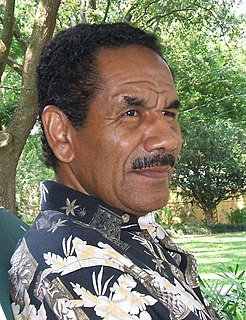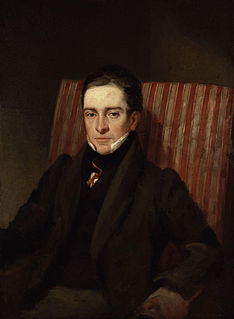A Quote by Sam Keen
Neurotic identity crises come when our defense mechanisms have been too successful and we're encapsulated in the fortress we have constructed with nothing to refresh us in our solitary confinement. So we play the old movies with their stale fears and their unrealistic hopes until we become bored enough to risk disarmament and engagement.
Quote Topics
Become
Been
Bored
Come
Confinement
Constructed
Crises
Defense
Defense Mechanism
Defense Mechanisms
Disarmament
Engagement
Enough
Fears
Fortress
Hopes
Identity
Mechanisms
Movies
Neurotic
Nothing
Old
Old Movie
Old Movies
Our
Play
Refresh
Risk
Solitary
Solitary Confinement
Stale
Successful
Too
Unrealistic
Until
Us
Related Quotes
Solitary confinement has been used extensively, it always has. I was in prison for 44 years; it was a normal part of life - the practice of it. They put you in solitary confinement for disciplinary reasons, they put you in solitary confinement to protect you from violence or whatever, and they also put you in solitary confinement just to show you who has got the power ... It's not something new; it's just something that nobody really cared about in the past.
We carve on our body what society teaches us and continue this task, not knowing the identity they force us to have. This identity is carved on our faces and our skins. Not knowing our bodies have become "the paper made of human meat," we stuff our bodies and make them a theater where cultural symbols or suppressed symbols play.
I did a lot of research on what solitary confinement does to you, how you become acclimated to being surrounded by people again after being by yourself for such a long time. It's really a horrific thing. It's definitely worth considering it as torture. We're just not meant to be in solitary confinement.
Fear keeps us rooted in the past. Fear of the unknown, fear of abandonment, fear of rejection, fear of not having enough, fear of not being enough, fear of the future-all these fears and more keep us trapped, repeating the same old patterns and making the same choices over and over again. Fear prevents us from moving outside the comfort-or even the familiar discomfort-of what we know. It's nearly impossible to achieve our highest vision for our lives as long as we are being guided by our fears.
We think that by protecting ourselves from suffering, we are being kind to ourselves. The truth is we only become more fearful, more hardened and more alienated. We experience ourselves as being separate from the whole. This separateness becomes like a prison for us - a prison that restricts us to our personal hopes and fears, and to caring only for the people nearest to us. Curiously enough, if we primarily try to shield ourselves from discomfort, we suffer. Yet, when we don't close off, when we let our hearts break, we discover our kinship with all beings.
We can trace back our existence almost to a point. Former time presents us with trains of thoughts gradually diminishing to nothing. But our ideas of futurity are perpetually expanding. Our desires and our hopes, even when modified by our fears, seem to grasp at immensity. This alone would be sufficient to prove the progressiveness of our nature, and that this little earth is but a point from which we start toward a perfection of being.


































